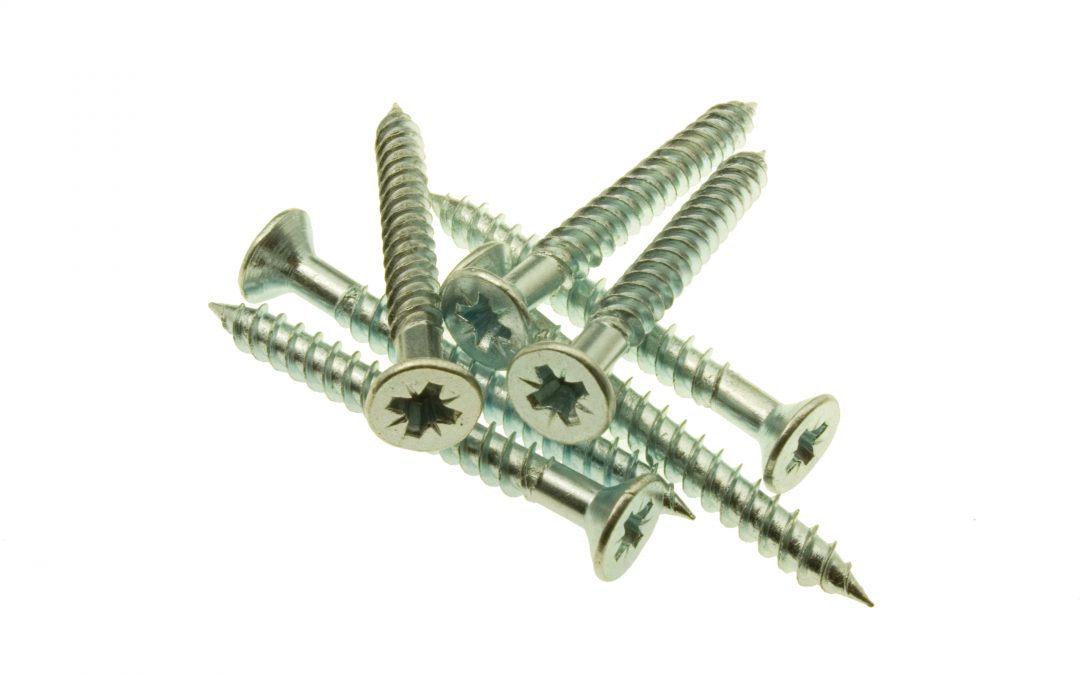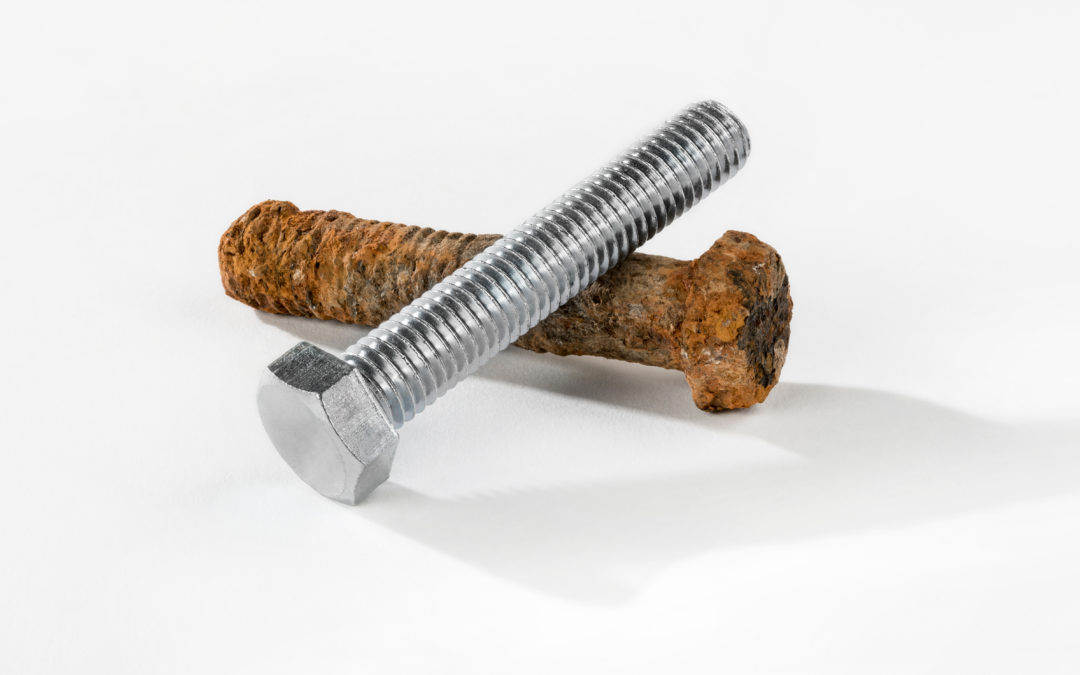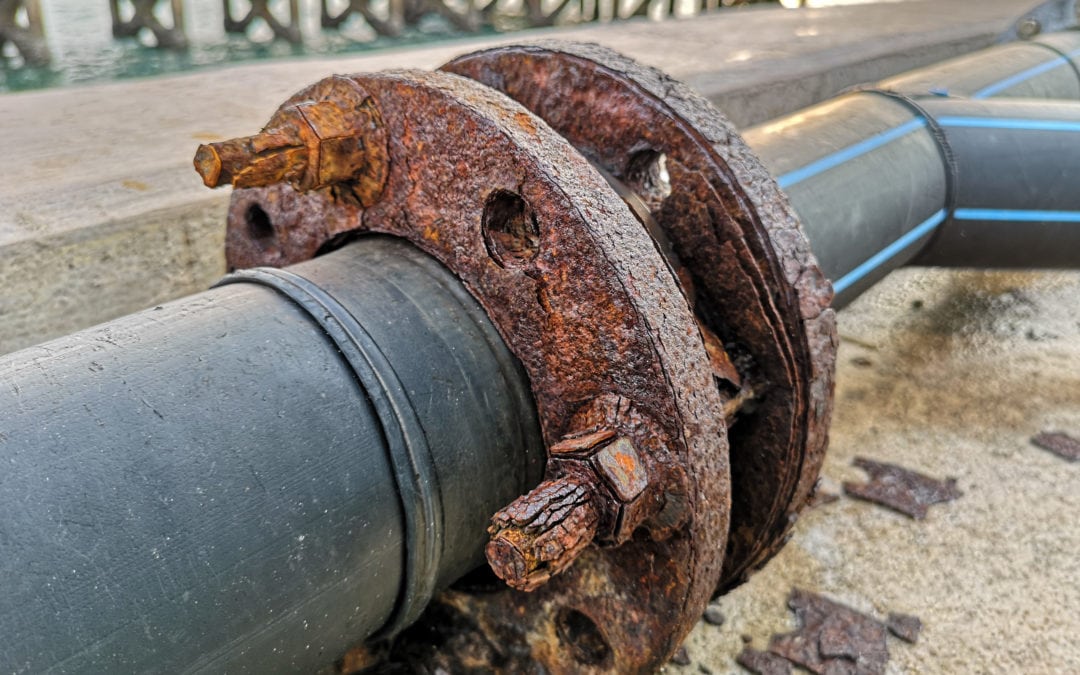Blog
Reliable Options for a Permanent Mold Release Coating at PFI
Your mold releases deserve the most durable, wear-resistant, and thoughtfully applied coatings, and PFI is the business to contract with to handle the job. Offering a diverse variety of both proprietary and widely used coating and plating solutions, our team offers a...
Protective Coatings from PFI
PFI Offers a Broad Suite of Protective Coatings to Prevent Corrosion for Diverse Substrates When considering the wide range of available protective coatings for products and components, it can be challenging to determine which is best for long-term, reliable...
Reasons for Electroless Nickel Plating Aluminum
Learn the Reasons for Electroless Nickel Plating Aluminum from PFI When anti-corrosion processes and aluminum are discussed, it is often anodizing that comes to mind, but there are several scenarios where this common procedure is not the ideal fit for treating the...
The Difference Between Electroless Plating and Anodizing
The Difference Between Electroless Plating and Anodizing The purpose of this post is to outline the differences between and benefits of Electroless Plating and anodizing, as well as to provide examples of common applications each are used for. Put simply, electroless...
Electroless Nickel on Aluminum to Protect From Corrosion
Material selection for fabrication is a crucial process. Considering the cost of materials, the wear, the flexibility, the access… deciding on materials depends on so much more than just what is cheap and what is available. Luckily, the accessibility of plated...
Choosing Plated Coatings for Improved Mold Performance
As one might guess, there is no “one-size-fits-all” to mold coating, and different applications or situations call for different solutions. Even the most common coatings can cause issues during molding when used incorrectly, and unfortunately, these problems aren’t...

Benefits of Electroless Nickel Plating on Precision CNC & Mold Components
Progress for Industry, Inc. specializes in metal plating and finishing for the molding industry. With a variety of different metal finishes available to suit the specific applications and industries for which the final parts will be used. Electroless nickel plating,...

Fastener Coatings to Prevent Thread Corrosion in Fasteners & Rust-Prone Applications
In modern society, fasteners are ubiquitous. The materials that create the structures of our cityscapes and rural communities alike are an integral part of modern life. The fasteners holding these materials together, while often taken for granted, are vital to the...

Best Coating Services for Corrosion Protection in High Chloride Environments
High chloride environments, moisture, salt spray, oxidation, and exposure to environmental or industrial chemicals all contribute to the corrosion of metals. Corrosion affects the integrity of the metals and has a staggering impact on the global economy with costs of...

Choosing a High Phosphorus Electroless Nickel Plating Process for Your Application
Protect Your Parts from Corrosion with Electroless Nickel Coating The process of electroless nickel plating deposits an even layer of nickel-phosphorus alloy to the surface of the substrate resulting in a material with exceptional uniformity. High phosphorus...